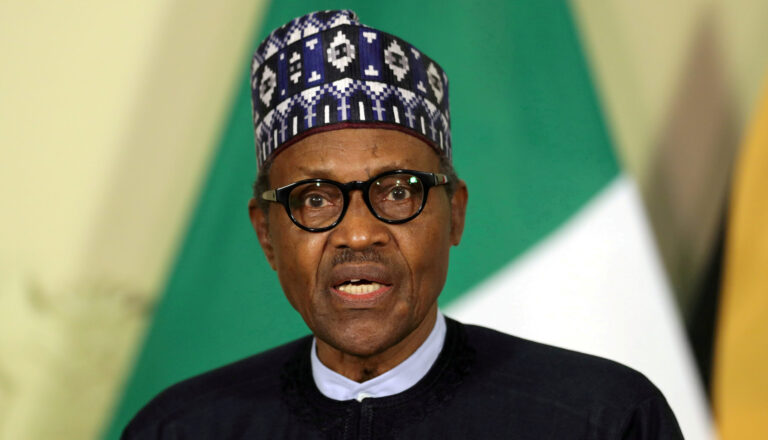The International Monetary Fund (IMF) has downgraded the economic growth projection of Nigeria, as it advises the government to be consistent with clear policies.
IMF downgraded the growth projection for Africa’s largest economy by 0.2 per cent, from the 3.4 per cent initially stated in its July 2022 report, to 3.2 per cent.
Join our WhatsApp ChannelThe growth projection was reviewed in the World Economic Outlook (WEO) for October 2022, titled, “Countering the Cost-of-Living Crisis”.
It was also gathered that Africa’s economy will grow by 3.6 per cent in 2022, below the initial growth projection of 3.8 per cent. In 2021, its growth rate was put at 4.7 per cent.
“In sub-Saharan Africa, the growth outlook is slightly weaker than predicted in July, with a decline from 4.7 percent in 2021 to 3.6 percent and 3.7 percent in 2022 and 2023, respectively — downward revisions of 0.2 percentage points and 0.3 percentage points, respectively.” IMF said in its report.
IMF explained that, “This weaker outlook reflects lower trading partner growth, tighter financial and monetary conditions, and a negative shift in the commodity terms of trade.”
Also, in its October 2022 Global Financial Stability report, “Financial Stability in the New High-Inflation Environment”, IMF suggested that Nigeria should communicate clearly about its policies.
The international creditor also advised emerging and frontier markets to reduce debt risk, in order to achieve financial stability.
IMF said, “Clear communication about policy decisions, commitment to price stability, and the need for further tightening will be crucial to preserve credibility and avoid market volatility.”
The report also reads, “Exchange rate flexibility helps countries adjust to the differential pace of monetary policy tightening across countries. In cases where exchange rate movements impede the central bank’s monetary transmission mechanism and/or generate broader financial stability risks, foreign exchange intervention can be deployed. Such interventions should be part of an integrated approach to addressing vulnerabilities as laid out in the IMF’s Integrated Policy Framework.
“Emerging and frontier markets should reduce debt risk through early engagement with creditors, multilateral cooperation, and international support. For those in distress, bilateral and private sector creditors should coordinate on preemptive restructuring to avoid costly defaults and prolonged loss of market access. Where applicable, the group of Twenty Common Framework should be used.”


















Follow Us